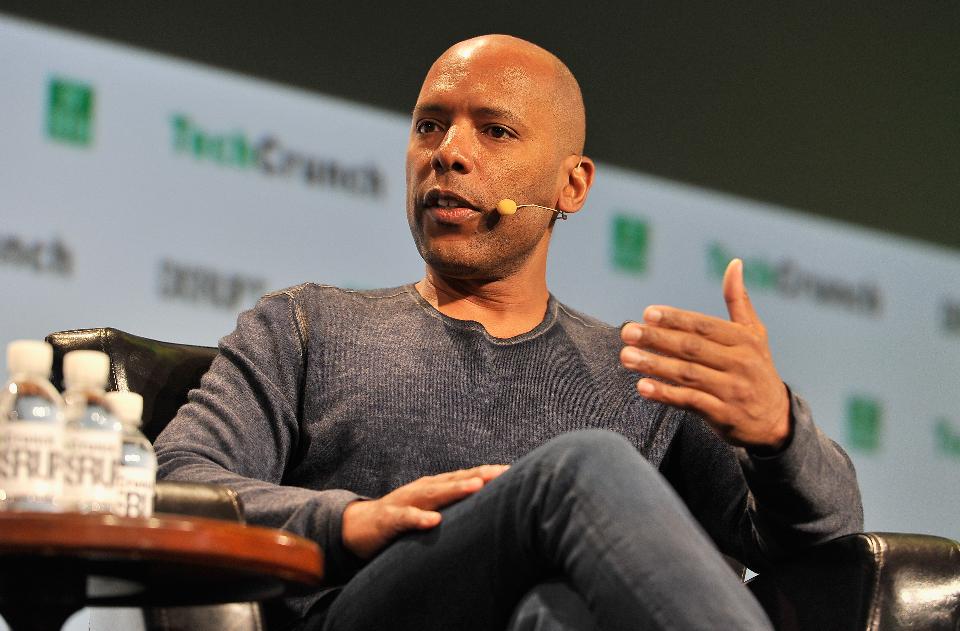
03 Nov Seven Things Slack’s Director Of Engineering Leslie Miley Needs CEOs To Know About Diversity by Jessica Pliska
This is Power of Networks, interviews featuring real-world career advice from leaders at the top of their games.
Software engineer Leslie Miley made waves when he left Twitter citing frustration over the company’s unwillingness to become more diverse and inclusive. Today Leslie is the Director of Engineering at Slack, a tech company that is breaking new ground when it comes to diversity, and he’s an outspoken promoter of change. I caught up with him to find out what he wants to tell every CEO
1. Put the jobs where people live. We are going to wind up building a pipeline that sucks all the people out of their communities to Silicon Valley. There are companies investing in programs where younger people can learn how to code in places like Harlem or Oakland, but they aren’t actually putting jobs in the community. If you don’t see people doing the job, you are not going to aspire to it.
2. There are no shortcuts to culture. You need to make your environment inclusive. Making statements of support isn’t enough; you have to go beyond saying, ‘this is wrong” to say, “we will fire you.”
3. Understand that people of color feel vulnerable. There are so few of us and the power dynamics are so imbalanced. It is dangerous and you need allies. At least once a week I hear people say, “I’m afraid to speak up because I’m early in my career and I don’t want to jeopardize my job.”
4. Make it sacred. Say, “our diversity program is protected and we will never waver in our commitment. We will never cut back because we have underinvested in it forever.” As an organization you aren’t always going to have a CEO like Stewart (Butterfield, of Slack) but CEOs can lead by saying diversity is important and resourcing it as such.
5. Make diversity and inclusion a condition of funding, growth and board seats. The venture capital firm Kapor Capital requires the companies it funds to have a plan in place. (See Kapor Capital’s investment criteria)
6. If you want to avoid losing people that you hire, you need to put support structures in place to help employees adjust to an environment that may be unfamiliar. I dropped out of college because I was totally unprepared. I didn’t have the study habits or the social habits.
7. This is difficult work – you didn’t get to this place in a year, so you are not going to solve it in a year, and you can’t outsource it. You need to find people inside your companies who can talk about the lack of economic opportunities that you are seeing. You need to change the culture.
Leslie says that once you get inclusion started in a company, it becomes self-sustaining. Slack brought on people who believe in an inclusive environment at the beginning, and kept on hiring them. Now all along the hiring pipeline, Slack employees are committed to this mission. Job seekers who want to work in an inclusive environment know this and they are targeting Slack in their searches.
And as I know well from my work, the hiring pipeline is no longer limited to recruiters and HR professionals – it’s everyone in the company who shares job opportunities through their networks or recommends candidates for positions. It’s proven that diverse companies perform better financially, but more important, it’s the right thing to do. When Leslie Miley speaks, CEOs would do well to listen.


Sorry, the comment form is closed at this time.